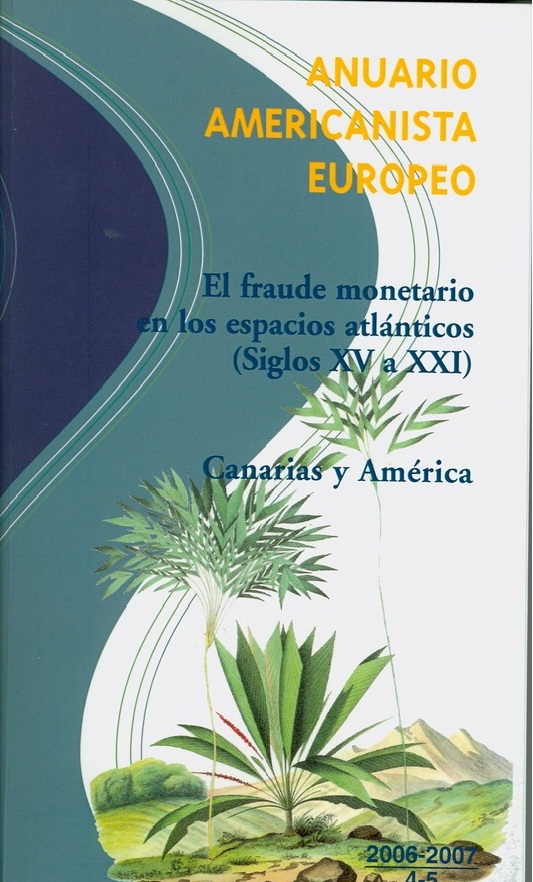Activism within the State : A Sociology of the Militant Intermediation of Public Action in Caracas’ Working Class (Venezuela)
Militer dans l'Etat : sociologie des intermédiations militantes de l'action publique au sein des classes populaires à Caracas (Venezuela)
Résumé
How does the integration of activists and militant practices in the process of implementing participatory policies shape the relationship between the state and the working class? Drawing from the participatory policies of Chavista governments in Venezuela, this thesis builds upon the concept of militant intermediation of public action, in order to account for the transformations and continuities of popular relationships to the state and to politics. By following activists from Venezuelan popular organizations occupying differentiated positions between their original militant structures and participatory institutions, the aim is to analyze how administrative categories are imposed on popular organizations, and conversely, how militant categories make their way into the state’s inner workings.On the one hand, the militant intermediation of public action entails the introduction of activist categories and practices in the daily life of public administrations, modeling the ways state agents carry out and identify to their work. On the other hand, it implies the reorientation of the strategies of popular organizations seeking to adapt their structures to the participatory requirements of public authorities. Finally, this type of intermediation embraces the overall intertwining of politics and public action, while the circulation of public goods becomes subject to strongly politicized re-appropriations among popular actors. Nevertheless, and in spite of the relative novelty of such practices, the militant intermediation of public action contributes to the reaffirmation of the conditionality of the working class’ access to the State, and hence to the reproduction of its situation of domination vis-à-vis the structures of the political-administrative field.
Dans quelle mesure l’insertion d’acteurs et de pratiques militantes dans le processus de mise en œuvre des politiques participatives façonne la relation entre l’État et les classes populaires ? En prenant appui sur le cas des politiques participatives des gouvernements chavistes au Venezuela, cette thèse propose le concept d’intermédiations militantes de l’action publique afin de rendre compte des transformations et des continuités qui caractérisent les rapports populaires à l’État et au politique. En suivant des militants issus des organisations populaires vénézuéliennes différemment positionnés entre leurs structures militantes d’origine et les institutions de la participation, il est question d’analyser la façon dont les catégories administratives s’imposent aux organisations populaires, ainsi que la manière dont les catégories militantes s’intègrent aux rouages de l’État.D’une part, les intermédiations militantes de l’action publique insèrent des catégories et des pratiques militantes dans le quotidien des administrations, et modèlent les manières de faire et d’être des agents de l’État. D’autre part, elles réorientent les stratégies des organisations populaires, qui cherchent à adapter leurs structures aux exigences participatives des pouvoirs publics. Enfin, elles entrelacent le politique et l’action publique tout en permettant des réappropriations très politiques de la circulation des biens publics par les classes populaires. Néanmoins, et en dépit de la nouveauté qu’elles représentent, les intermédiations militantes de l’action publique participent à la reconduction de la conditionnalité de l’accès des classes populaires à l’action publique. Ce faisant, elles contribuent à la reproduction de la situation de domination des classes populaires vis-à-vis des structures du champ politico-administratif.
Mots clés
Domaines
Science politique| Origine | Version validée par le jury (STAR) |
|---|

